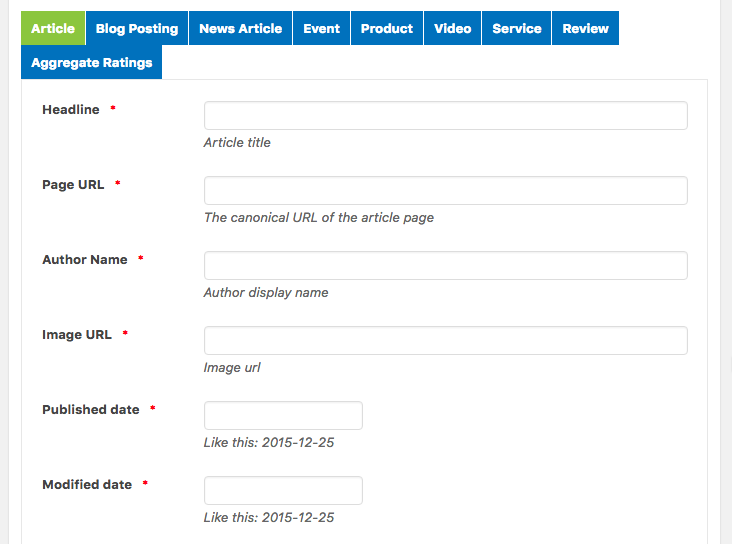How to Tell Google What Your Content Means written by John Jantsch read more at Duct Tape Marketing
Search engines love content. That’s what they eat all day long, and they use HTML code to figure out what all those web pages say. The problem is that sometimes they don’t know what you mean by what you say.
Have you ever done a search for a product or service and find the occasional odd result mixed in with what you thought you were looking for?
The image above is an obvious case where Google might get confused but fear not – a new form of mark-up call rich text snippets has grown over the years to the point where content producers and SEO folks now have the toolset to tell Google what their content is and what it means.
Injecting rich text snippets in your HTML using the Schema.org standards developed by Google, Bing and Yahoo a content producer can do things like tell the search engines that a couple of random words are the title of a book written by (the author) two other words found on the page.
 As you can see this site above is displaying details about upcoming events.
As you can see this site above is displaying details about upcoming events.
You can use schema to tell search engines that another group of words is a review from a happy fan and that those words in the footer make up your address and phone number.
Schema uses a growing number of itemtypes to help identify things like articles, local business, reviews, events, and products.
Now, before your eyes glaze over, you won’t have to learn a bunch of code to take advantage of Schema. You can use any number of Schema code generators to create the HTML code you might need for something like your address.
You can also test your structured data using Google’s testing tool
And if you’re a WordPress user I’ve got even better news. Simply download and activate the WP SEO schema plugin and you can unlock a host of schema options for your entire site and every page and post on your site individually.
Once you install this plugin, you’ll have the tools to add all manner of code to give your content even greater meaning.

Now, I’m not ready, nor is Google, to suggest that simply adding Schema to your web pages is going to help your content rank, but it stands to reason that if you send clearer signals about your content, you are going to benefit from this practice. Also, the ability to display enhanced information in search engine results snippets is bound to increase clicks when your content is ranking.
 Google makes extensive use of structured data already in AdWords through what they call ad extensions, so it’s not much of a leap to imagine this becoming a ranking factor to force content producers to enhance their content.
Google makes extensive use of structured data already in AdWords through what they call ad extensions, so it’s not much of a leap to imagine this becoming a ranking factor to force content producers to enhance their content.
In my opinion, it’s time for every WordPress site owner to add Schema to their posting routine much like most of the world does today with metadata using the WP SEO plugin from Yoast.
Read more about Schema and all things SEO in my latest book – SEO for Growth – The Ultimate Guide for Marketers, Web Designers, and Entrepreneurs. (My co-author on this book, Phil Singleton, is also the creator of the WP SEO Schema plugin.)
from Duct Tape Marketing https://www.ducttapemarketing.com/blog/schema-for-content/
via IFTTT



No comments:
Post a Comment